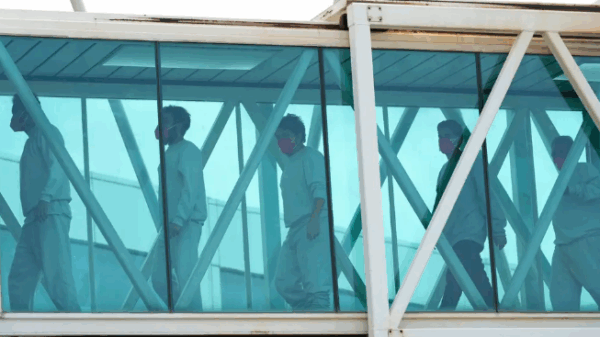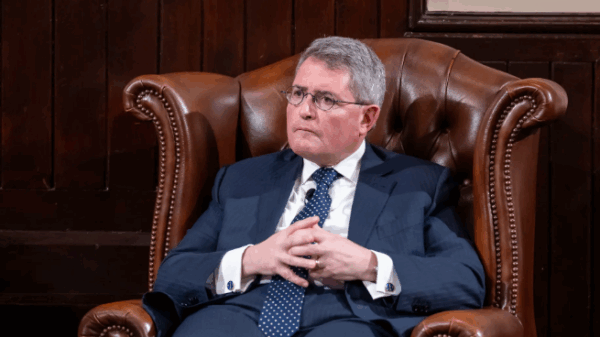The U.S. State Department announced a sweeping freeze on new foreign aid funding on Friday, halting many U.S.-funded projects worldwide. The freeze, which will last at least three months, applies to most areas of foreign assistance, including health, education, development, job training, anti-corruption efforts, and security assistance. However, exceptions were made for emergency food programs and military aid to Israel and Egypt.
The freeze, issued by Secretary of State Marco Rubio, comes after President Donald Trump signed an executive order earlier in the week, instructing the suspension of foreign aid. The directive is intended to streamline U.S. foreign assistance in line with the administration’s foreign policy agenda, but it has drawn significant criticism, particularly from humanitarian organizations.
Abby Maxman, president of Oxfam America, warned that the freeze could have dire consequences, especially for vulnerable populations. “By suspending foreign development assistance, the Trump administration is threatening the lives and futures of communities in crisis,” Maxman said. She criticized the decision for abandoning the U.S.’s long-standing bipartisan approach to aiding those in need, regardless of political affiliation.
Among the most notable casualties of the freeze is the President’s Emergency Relief Plan for AIDS Relief (PEPFAR), a program that has been instrumental in combatting the global HIV/AIDS epidemic. Since its inception under President George W. Bush, PEPFAR has saved 25 million lives, including 5.5 million children. The suspension of PEPFAR funding is especially alarming to health experts, as the program is crucial in providing life-saving treatment and prevention efforts in affected regions.
Some U.S. foreign aid projects were already beginning to halt operations as a result of the freeze. Aid organizations are now scrambling to determine how to proceed, with many preparing to suspend their work to avoid incurring additional costs. A former senior official from the U.S. Agency for International Development (USAID) indicated that the order was interpreted as an immediate stop-work directive.
The freeze is part of a broader Republican initiative to reduce U.S. foreign aid. Representative Brian Mast, the new chairman of the House Foreign Affairs Committee, emphasized this week that Republicans would scrutinize every aspect of the State Department’s budget to ensure spending meets their stringent standards.
While military aid to Israel and Egypt is exempt from the freeze, there was no mention of similar waivers for Ukraine. Although President Biden’s administration pushed military aid to Ukraine prior to leaving office, it remains uncertain whether the Trump administration will continue this assistance.
The State Department also issued guidance to refugee resettlement agencies, instructing them to suspend their work under U.S. foreign assistance programs. This could affect ongoing resettlement efforts, including for Afghan refugees.
A full review of all U.S. foreign assistance programs is expected to be completed within the next three months, with recommendations to be submitted to President Trump following the review.








































